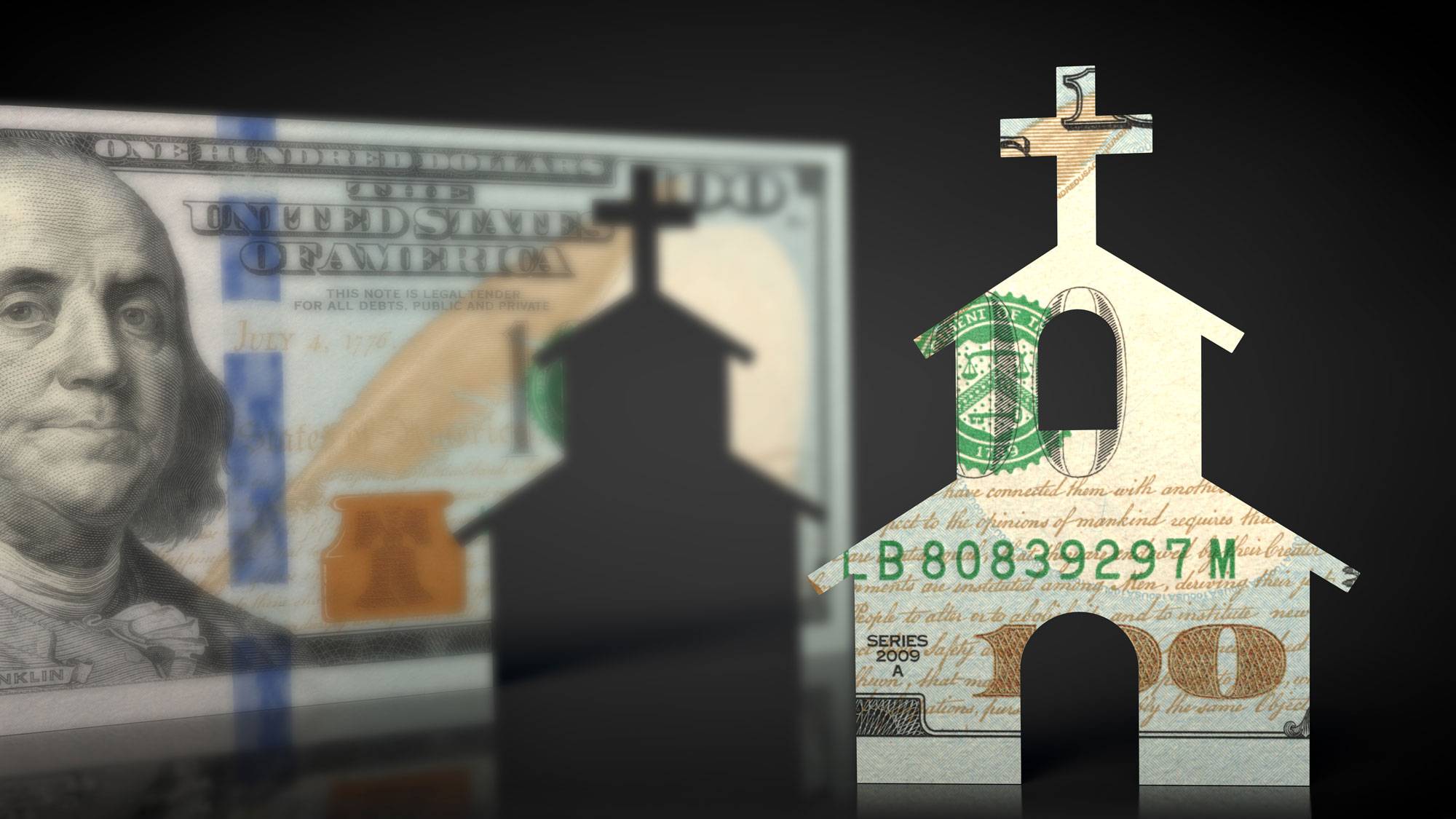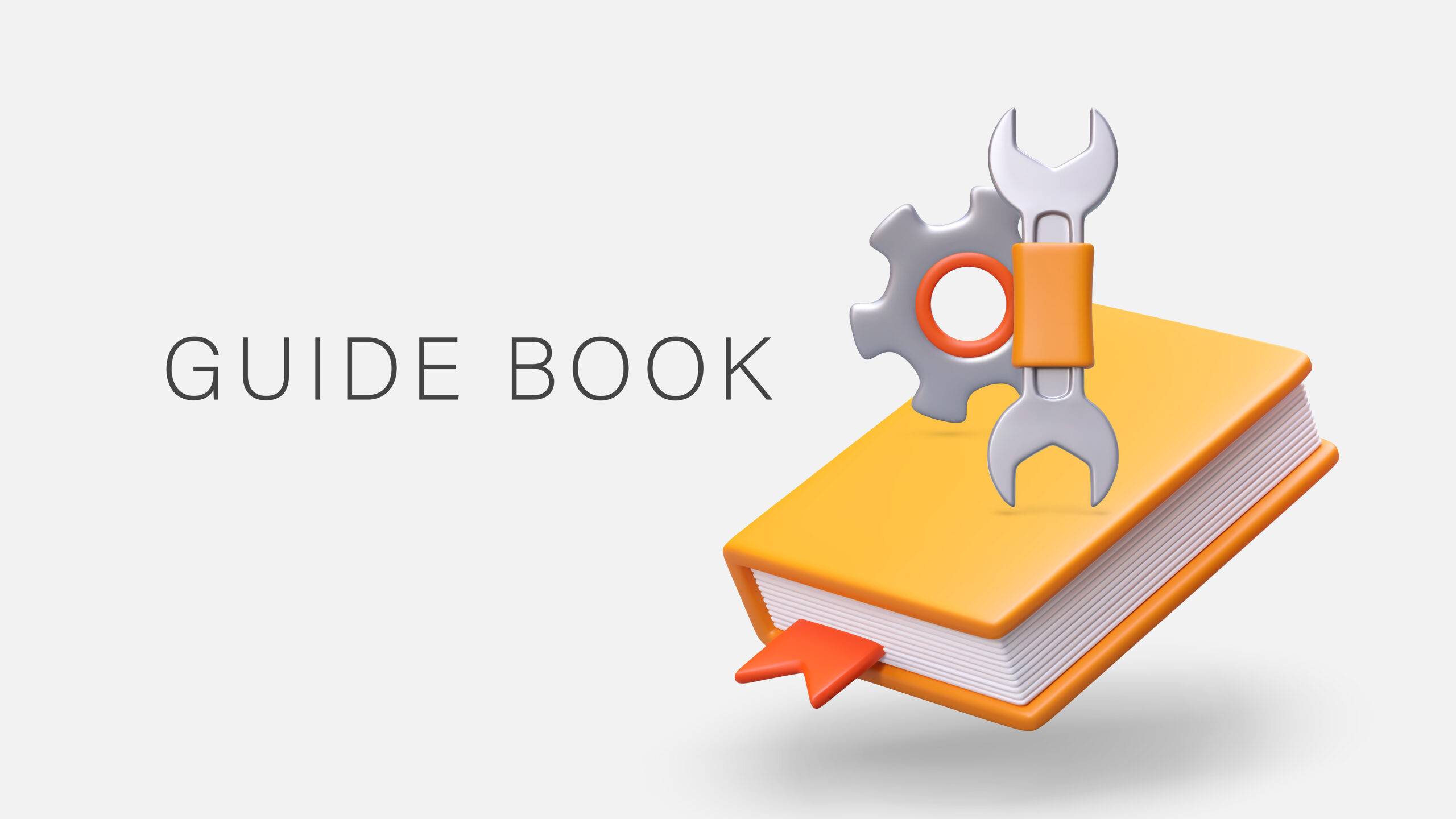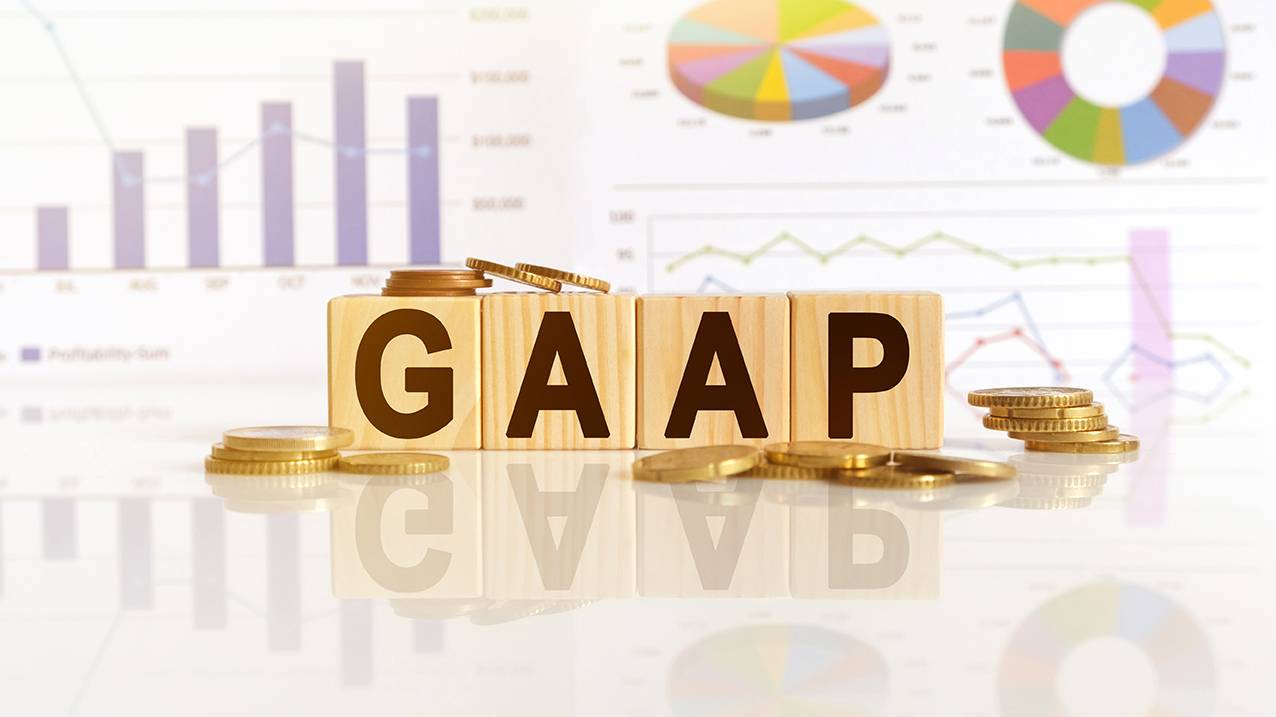Self-Study
Accounting for Churches
Church financial management with specialized guidance on donations and program tracking. Learn to handle of assets, payroll, and unique tax requirements for churches.

$116.00 – $136.00
Webcasts are available for viewing Monday – Saturday, 8am – 8pm ET.
Without FlexCast, you must start with enough time to finish. (1 Hr/Credit)
Please fill out the form below and we will reach out as soon as possible.
CPE Credits
4 Credits: Accounting
Course Level
Overview
Format
Self-Study
Course Description
The accounting for a church can be fairly difficult, since it must deal with large numbers of donations, track multiple programs, account for significant fixed assets, and work within special taxation rules. In this nonprofit accounting course, we show how to deal with all of these issues, while also covering payroll, payables, budgeting, closing the books, document retention, accounting controls, and much more. In short, this accounting for churches CPE is your comprehensive reference for how to account for churches.
Learning Objectives
Upon successful completion of this course, participants will be able to:
- Recognize the key features of a fund accounting system.
- Specify the differences between restricted and unrestricted donations.
- Identify the differences between the cash basis and accrual basis of accounting.
- Recognize the general ledger accounts that a church might use.
- Identify the efficiencies that a church bookkeeper could employ.
- Recognize the church-specific disclosures that might accompany its financial statements.
- Specify the federal government reporting associated with payments to church suppliers.
- Identify the requirements to be classified as a minister for tax purposes.
- Recognize the special tax exemptions and requirements for churches.
- Specify the federal government reporting forms needed for church employees.
- State the deposit dates associated with the two types of payroll tax deposit schedules.
- Identify which costs should be capitalized into church fixed assets.
- Recognize the budgeting best practices that can be applied to a church.
- Specify the donor acknowledgment criteria that a church must follow.
- Identify the options for retaining tax-deductibility for pass-through donations.
- Recognize the controls that can be applied to church accounting systems.
Course Specifics
SS124369778, SS124369778
September 27, 2024
There are no prerequisites.
None
107
Compliance Information
CMA Notice: Western CPE makes every attempt to maintain our CMA CPE library, to ensure a course meets your continuing education requirements please visit Insitute of Management Accountants (IMA)
CFP Notice: Not all courses that qualify for CFP® credit are registered by Western CPE. If a course does not have a CFP registration number in the compliance section, the continuing education will need to be individually reported with the CFP Board. For more information on the reporting process, required documentation, processing fee, etc., contact the CFP Board. CFP Professionals must take each course in it’s entirety, the CFP Board DOES NOT accept partial credits for courses.
Meet The Experts

Steven M. Bragg, CPA, is a full-time book and course author who has written more than 300 business books and courses. He provides Western CPE with self-study courses in the areas of accounting and finance, with an emphasis on the practical application of accounting standards and management techniques. A sampling of his courses include the The New Controller Guidebook, The GAAP Guidebook, Accountants’ Guidebook, and Closing the Books: An Accountant’s Guide. He also manages the Accounting Best Practices podcast. Steven has been the CFO or controller of both public and private companies and has been a consulting manager with Ernst & Young and …
Related Courses
-
 Accounting
Accounting
Accountants’ Guidebook
Steven M. Bragg, CPA QAS Self-Study
Credits: 30 $600.00
QAS Self-Study
Credits: 30 $600.00$600.00 – $640.00
-
 Accounting
Accounting
Accounting Fraud: Recent Cases
Joseph Helstrom, CPA QAS Self-Study
Credits: 1 $29.00
QAS Self-Study
Credits: 1 $29.00$29.00 – $49.00
-
 Accounting
Accounting
GAAP Guidebook
Steven M. Bragg, CPA QAS Self-Study
Credits: 29 $580.00
QAS Self-Study
Credits: 29 $580.00$580.00 – $620.00
